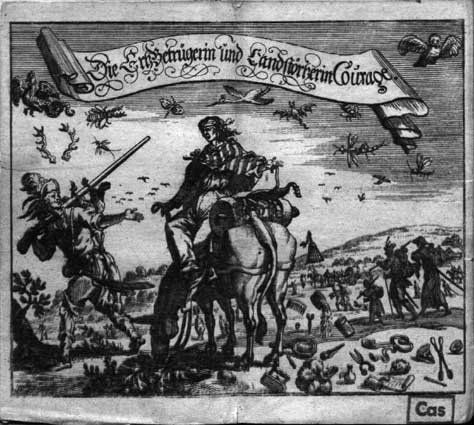Blog 13 - Final blog
Today was the final day of class for this semester. We had two very nice reports. First Annaliese taught the class to sing Mack the Knife in German, and Dylan gave a report on Modern Brecht – 1960 to present. I believe that Dylan is the only person I have ever met who indeed really loves the works of Bertolt Brecht. I find Brecht interesting as a historical figure and as a part of Germany’s cultural experience, but I am not so sure that he is relevant in German society today. Therefore everyone who has an interest in Germany and German culture should have been exposed to the writings of Brecht. Probably every child in German schools is forced to read Brecht, and if you do not know a little bit of Brecht, you cannot be considered an educated person in Germany today. Still, I do not remember Brecht’s name ever comming up in the recent „deutsche Leitkultur Debatte.”
None the less, it was a great semester and I learned a great deal about Bertolt Brecht and his plays. For me personally, the high point of the semester was my report on Mutter Courage und ihre Kinder. Having an entire play to myself to study and report on was a lot of fun (and a lot of work and stress). Can you imagine what the class would have been like if every student in the class would have had a different Brecht play to study and make a report about… that would have really been schickimicki.
Now I must finish reading The Life of Courage by Grimmelshausen so that I can put together my final report on Brecht’s historical inspiration for his Mutter Courage. Brecht must have really loved the Thirty Years War because he used that era as the backdrop for Mutter Courage und ihre Kinder as well as his Augsburg Chalk Circle.
OK, now let's all have a really fun Summer.
Jim Ross






